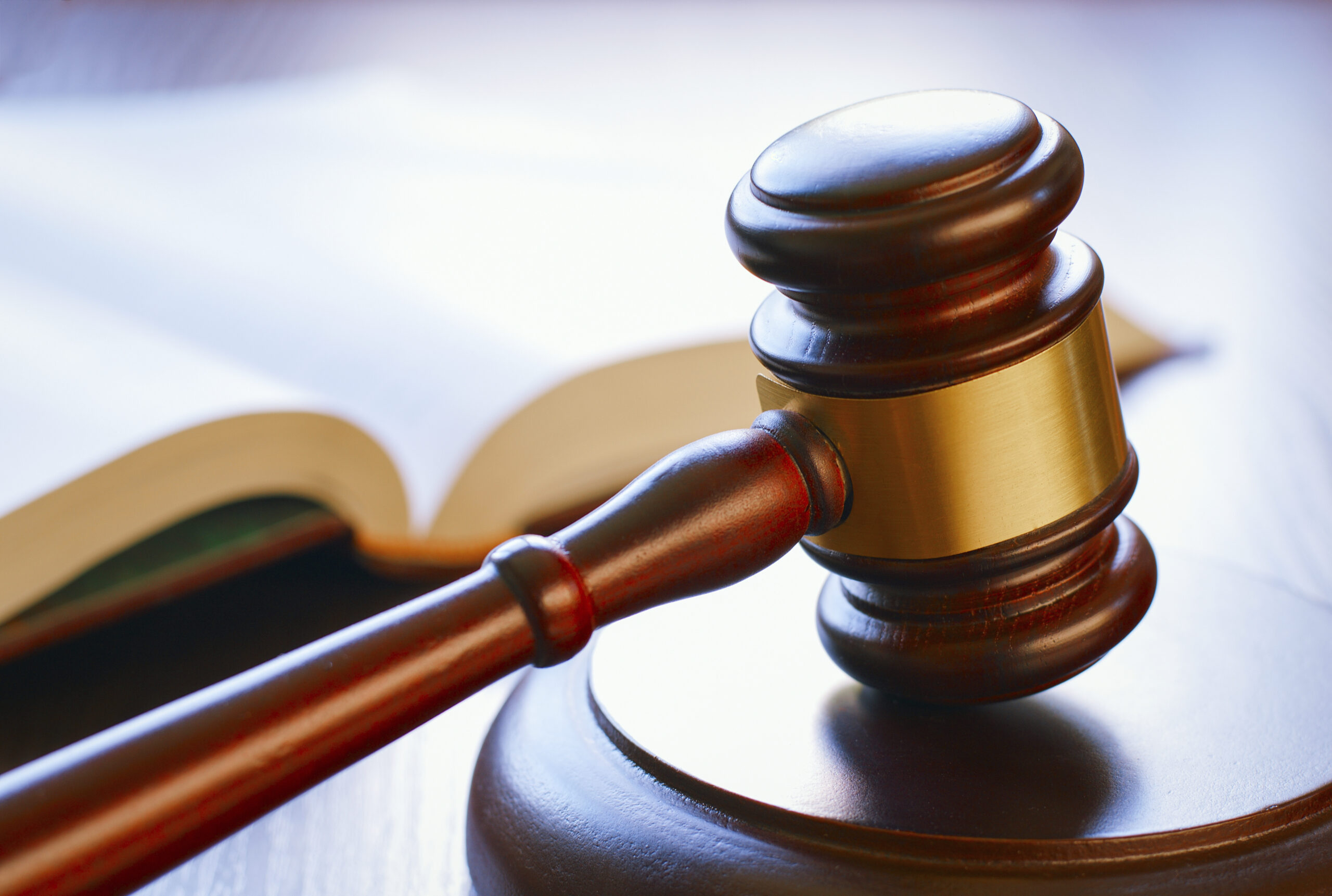
On October 20, 2023, NWLC and eighteen other organizations joined an amicus brief led by Sanctuary for Families and Women’s Equal Justice in the case of People v. Weinstein in the New York Court of Appeals. In this case, Harvey Weinstein is asking the New York Court of Appeals to reverse one of his criminal convictions. He is arguing that the prosecution should not have been allowed to introduce the testimony of several other women, in addition to those he was charged with assaulting, who said that Weinstein also assaulted them. This is known as “prior bad act” or “similar crimes” evidence. Its admissibility is limited to circumstances where it is used to prove intent or other specific issues, not to prove that the defendant has a criminal “propensity.” The trial court—correctly, we argue—ruled that this kind of limited use was permissible here.
Our brief explains that such evidence that a defendant has assaulted other people can be particularly important in sexual assault cases, because it can help the jury understand the defendant’s intent and the complainant’s non-consent. Sexual assault cases often involve the complainant’s word against the defendant’s. And juries may have misconceptions about how a survivor should act that could cause them to disbelieve complainants who, for example, continue to have a relationship with their abuser due to unequal power dynamics, or who froze during an assault instead of fighting back. Evidence that the defendant has assaulted other people can help a jury to understand their methods of victim selection, perpetration, and concealment—and to be appropriately skeptical of their claim that the survivor consented.
